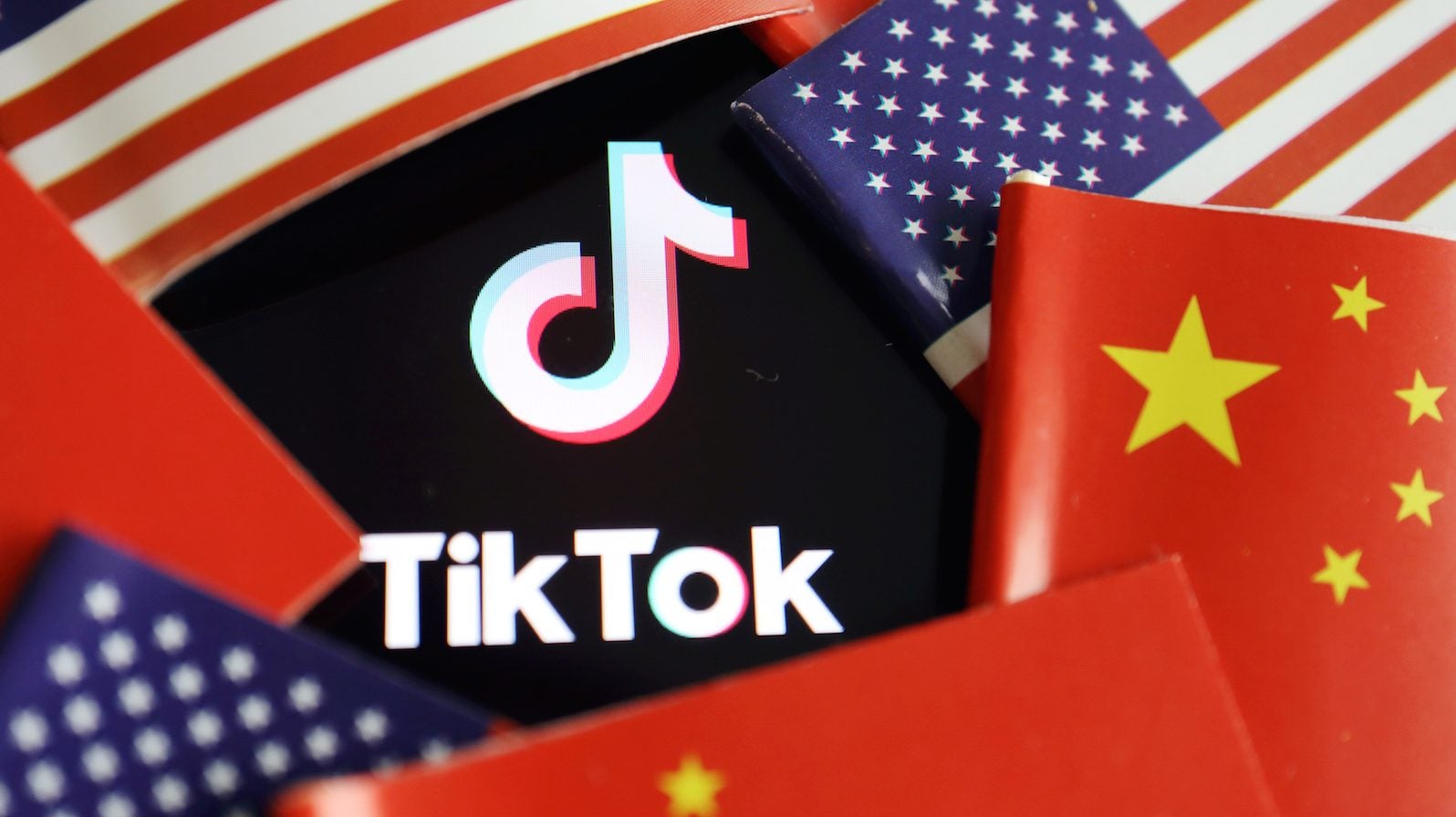The US and China will both spin a victory from the TikTok deal
The ink isn’t dry on the TikTok-Oracle deal yet, but it’s already clear how companies and governments on both sides will spin it—even if it means they have to flatly contradict each other.


The ink isn’t dry on the TikTok-Oracle deal yet, but it’s already clear how companies and governments on both sides will spin it—even if it means they have to flatly contradict each other.
In August, president Donald Trump issued an ultimatum to TikTok to sell itself to a US company or face being shutdown because of national security risks stemming from its Chinese ownership. Over the weekend, he blessed a plan to house the popular short video app in TikTok Global, a new company headquartered in the US and partly owned by Oracle and Walmart, calling it “a great deal for America.”
For good measure he said, the new company means TikTok, will have “nothing to do with China.” (At present TikTok has a series of global offices, including in the US, and is owned by ByteDance, which is a Beijing-headquartered firm registered in the Cayman Islands.) US software giant Oracle will host all the app’s US user data using its cloud services to meet US national security requirements, though it’s unclear yet how this will be safer than when Google hosted the app’s data.
While the structure of the new company falls short of the total sale Trump was trying to engineer, his remarks suggest he sees it as good enough for a campaign talking point about how he achieved the Americanization of a dangerous Chinese app. He gets some help from a joint statement from Oracle and Walmart that says the two will take 20% of TikTok Global, but also says the new entity will be “majority owned by American investors” and “an independent American company.” Some accounting acrobatics are involved in making that claim, since it relies on the high level of US investment in TikTok parent ByteDance.
Oracle said in a further statement that after TikTok Global is created and its shares are distributed “ByteDance will have no ownership in TikTok Global.” Walmart didn’t immediately reply to a request for comment.
Their joint statement also says TikTok Global will list in the US, create more than 25,000 US jobs and “will pay more than 5 billion in new tax dollars to the U.S. Treasury,” a nod to another suggestion Trump made with respect to the TikTok sale.
Meanwhile, commentary in the state-run Chinese tabloid Global Times, and a Chinese statement issued by ByteDance today (Sept. 21), also suggest many in China will frame the deal as a win.
The arrangement is being lauded as “crucial progress” in Beijing’s efforts to protect the interests of its companies overseas, according to Shen Yi, a professor at Fudan University’s international relations school, referring to export controls on algorithms issued by China that made an outright sale impossible. “This could even been seen as a reversal of [Trump’s order] that would have forced ByteDance, TikTok’s parent company, to sell or spin off its TikTok business in the US,” wrote Shen in an opinion piece in the Global Times.
Another editorial in the tabloid said that while the deal is still unfair, Beijing’s new tech export controls “have significantly influenced the outcome,” reminding the US that it “cannot unilaterally get whatever it wants on issues related to Chinese enterprises.”
And far from “nothing to do with China,” ByteDance said TikTok Global is “100% owned” by it, and that after a pre-IPO funding round with participation by Oracle and Walmart, its share would reduce to 80%. It also said that ByteDance would place two people on the board of the new company, including CEO Zhang Yiming, while the Oracle-Walmart statement said four out of the five directors would be American. Both statements on the board could be true, and a ByteDance spokesperson said it could not name the executive at this stage.
When it comes to the $5 billion number, ByteDance assured its users that the number has “nothing to do” with the US deal, but is just a forecast of future US corporate taxes, subject to change depending on actual operations.
Chinese sentiment towards ByteDance, which was widely berated after it appeared willing to sell TikTok to a US firm, appeared to improve today. “This is great news, it seems ByteDance will not lose its control over TikTok…The company has balls!” said a comment under the company’s statement.
This isn’t the first time the US and China have come away with rather different perceptions about what’s going on between them. And if either—or both—countries withhold formal approval or play other wild cards, it wouldn’t be the first time they’ve claimed victory in a process only for it to slowly fall apart.
Update: The story was updated shortly after publication with an additional statement from Oracle.